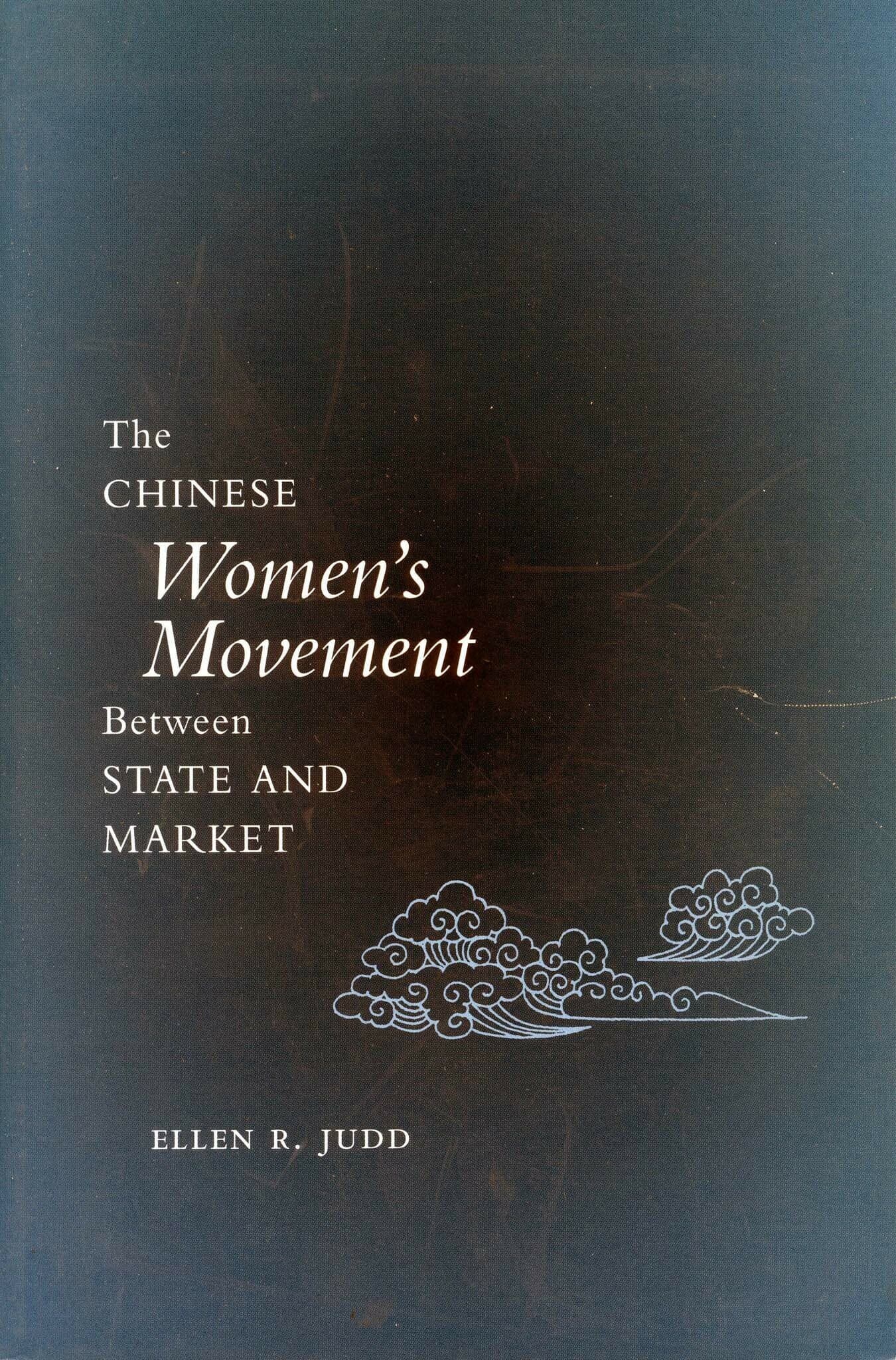Women in Global Science

Scientific and engineering research is increasingly global, and international collaboration can be essential to academic success. Yet even as administrators and policymakers extol the benefits of global science, few recognize the diversity of international research collaborations and their participants, or take gendered inequalities into account. Women in Global Science is the first book to consider systematically the challenges and opportunities that the globalization of scientific work brings to U.S. academics, especially for women faculty.
Kathrin Zippel looks to the STEM fields as a case study, where gendered cultures and structures in academia have contributed to an underrepresentation of women. While some have approached underrepresentation as a national concern with a national solution, Zippel highlights how gender relations are reconfigured in global academia. For U.S. women in particular, international collaboration offers opportunities to step outside of exclusionary networks at home. International collaboration is not the panacea to gendered inequalities in academia, but, as Zippel argues, international considerations can be key to ending the steady attrition of women in STEM fields and developing a more inclusive academic world.
"Zippel's book reveals the benefits women may get from their national status when they work abroad, but also exposes the barriers to international collaborations for women. Her pathbreaking analysis highlights the paradoxes that university systems create by deeming global connections important but making them unnecessarily difficult. A must-read for those in STEM fields."—Myra Marx Ferree, University of Wisconsin-Madison
"Kathrin Zippel offers a compelling examination of the benefits and barriers to international collaboration for American women scientists. Her pathbreaking work challenges how we think about gender and academia and provides a blueprint for studying the globalization of science. A fascinating book that scientists should read."—Frank Dobbin, Harvard University
"Written in clear and insightful prose, [the author] asks how gender shapes the opportunities and obstacles for researchers internationally, and whether the globalization of academia helps or hinders the advancement of women in scientific and technical fields...this thorough and insightful book is a valuable addition to the literature on academia, gender, knowledge, and the globalization of knowledge, beneficial to scholars in social science, STEM fields, and administrators alike."—Shauna A. Morimoto, Gender & Society
"This is an important book, especially for early career researchers. Given that STEM postdocs in various countries often head to the US to build their academic careers, it provides valuable insights into how US institutions and funding agencies may regard international collaborations. It is particularly valuable for women in STEM in its analysis of the challenges and opportunities that the globalisation of scientific work can bring for them."—Kate White, Australian Universities' Review




